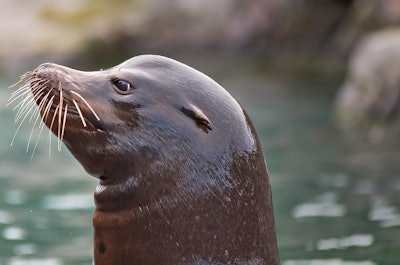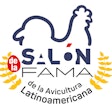
Highly pathogenic avian influenza (HPAI) has been identified as the cause of the deaths of 57 sea lions along the coastal areas of Argentina, according to a report from the World Organization for Animal Health (WOAH).
The WOAH report, issued on August 25, listed four cases of HPAI in sea lions. Those locations included Puerto Loyola, Rio Grande, Necochea and La Loberia.
In each of the cases, animal health officials were notified of the sea lion deaths, with the animals showing neurological symptoms that were compatible with HPAI. Samples were taken from the animals and sent to a, Argentina National Health Service and Food Quality (SENASA) laboratory. The samples were tested using real-time reverse transcription polymerase chain reaction (rRT-PCR) testing, and those tests came back positive for an H5 variant of HPAI.
Control measures put in use include official disposal of carcasses and waste, disinfection and surveillance within a restricted zone.
WOAH listed the source of infections as unknown or inconclusive.
Poultry in Argentina declared free of avian influenza
Argentina lost more than 2.2 million head of commercial poultry to HPAI. Those losses have occurred amid 18 cases, according to information from WOAH.
Of those, thirteen were laying hen operations, two were broiler farms and three were unspecified poultry breeder operations.
However, none of those cases have been recent, and on August 8, WOAH reported that the poultry industry in Argentina was now free of HPAI, as all cleanup and disinfection procedures at the affected premises have been completed and 28 days have elapsed since that completion date.
Wild bird HPAI infections in Argentina
A separate WOAH report stated that 9,542 other birds in Argentina have been lost to HPAI in 2023, with most of those being reported in domestic birds. Cases of HPAI in wild birds have also been reported, including the following species: Anatidae, black necked swans, rallidae, and Andean geese.


















